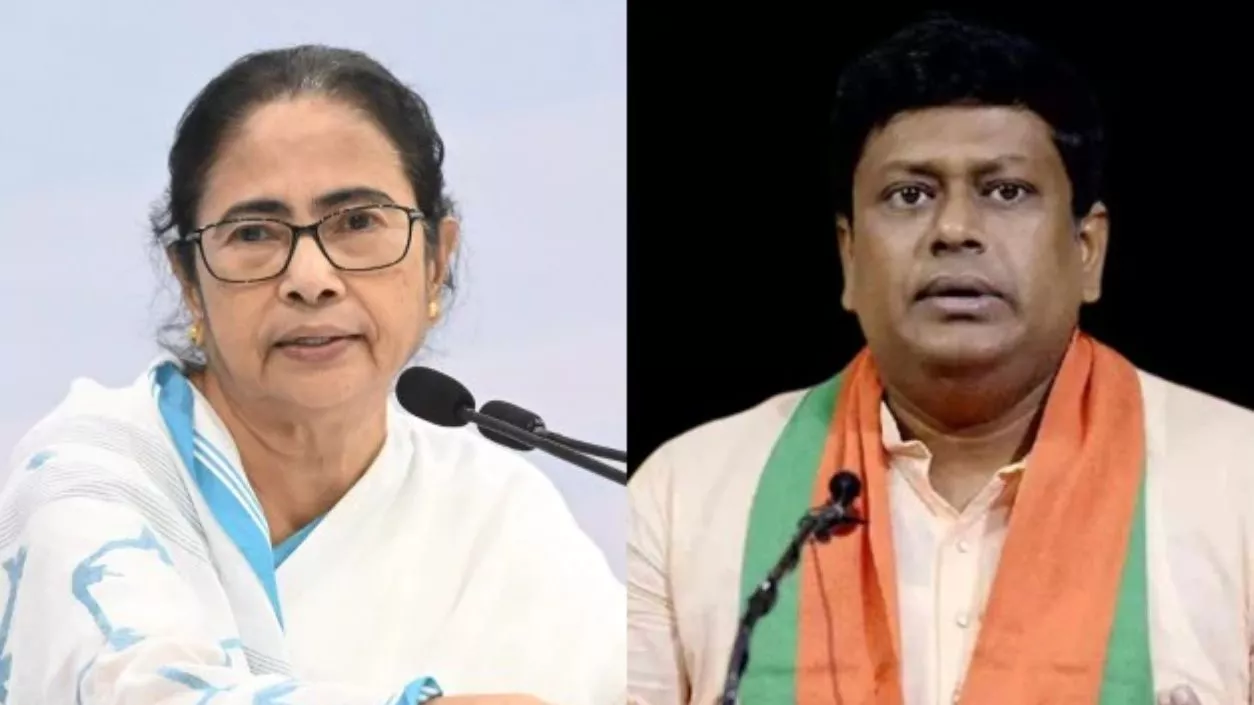Jammu and Kashmir hit by 5.8 magnitude earthquake, no casualties reported
.gif)
.gif)

The recent recognition of Bengali as a "classical language" by the Union Cabinet has sparked a political tussle between West Bengal's ruling Trinamool Congress (TMC) and the opposition Bharatiya Janata Party (BJP). Bengali, along with Marathi, Pali, Prakrit, and Assamese, was granted classical status, bringing the total number of classical languages in India to 11. The announcement was made by Union Information & Broadcasting Minister Ashwini Vaishnaw, who highlighted the importance of classical languages as custodians of India’s heritage.
Prime Minister Narendra Modi expressed his joy on X, stating, "I am very happy that Bengali has received the Classical Language status, especially during Durga Puja. Bengali literature has inspired countless individuals, and I congratulate all Bengali speakers worldwide."
Chief Minister Mamata Banerjee also took to X, claiming that her government had played a pivotal role in securing this recognition. She said, "We had been advocating for this status and submitted extensive research to support our claim." Banerjee emphasized that the recognition was a result of her government's efforts, adding, "The people of Bengal will be extremely happy to learn of this achievement."
However, the BJP was quick to criticize Banerjee for taking credit. BJP state president Sukanta Majumder responded by recalling the deaths of two schoolchildren, Rajesh Burman and Tapas Sarkar, during the 2018 protests against the alleged imposition of Urdu in place of Bengali in North Dinajpur. Majumder accused Banerjee of using the language issue for political gain, saying, "It’s the martyrs who sacrificed their lives for Bengali who deserve the credit, not the Chief Minister." He also expressed concerns over the increasing use of Urdu words in Bengali textbooks, which he attributed to Banerjee's vote-bank politics.
Leader of Opposition Suvendu Adhikari echoed Majumder's sentiments, thanking PM Modi for securing the classical status for Bengali and accusing Banerjee of spreading falsehoods. He praised the central government's efforts in preserving India's linguistic heritage and announced that research grants, preservation initiatives, and special awards for Bengali writers and linguists would soon follow as a result of this recognition. The classical language status initiative began in 2004, with a Linguistic Experts Committee under the Sahitya Akademi examining the eligibility of languages.